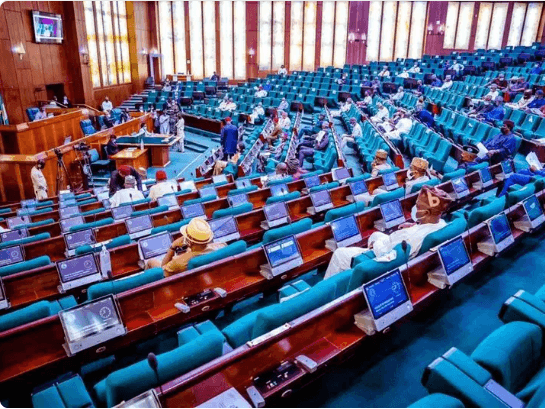Compulsory Voting Bill: How Public Outcry Forces Reps to Withdraw Controversial Proposal
A controversial bill seeking to make voting mandatory for all eligible Nigerians has been withdrawn by Speaker of the House of Representatives, Abbas Tajudeen, following a wave of public backlash.
Co-sponsored by Abbas and fellow lawmaker Daniel Asama Ago, the bill aimed to amend the Electoral Act 2022 to make voting compulsory—an effort the sponsors said would strengthen democracy by increasing voter turnout. However, critics viewed it as an overreach that infringed on individual freedoms and ignored deeper systemic issues.
In a statement issued Monday by his media aide, Musa Krishi, Abbas explained that the decision to pull the bill came after wide consultations with stakeholders across the country. “From the start, the goal was to get more people involved in elections and strengthen democracy,” the statement noted.
The bill had surprisingly passed its second reading in the House last Thursday, sparking heated debate. Supporters argued it could reverse the nation’s chronic voter apathy. Detractors, however, pointed out that enforcing such a law in Nigeria’s complex and diverse landscape would be impractical and potentially undemocratic.
Citing examples from countries like Australia, Belgium, and Brazil—where compulsory voting has led to higher voter participation—Abbas acknowledged that such models may not work for Nigeria. “Lawmaking is about serving the people, and any new law must respect personal freedom,” he said.
Instead of imposing voting through legislation, Abbas said the focus would now shift to encouraging voluntary participation, especially among young and first-time voters. “This withdrawal gives us time to talk more about how to build a culture of voluntary voting that supports our democracy and respects citizens’ rights,” he added.
Many Nigerians had opposed the bill, arguing that voter apathy stems not from laziness but from systemic challenges—election-day violence, logistical failures, and deep-seated distrust in electoral outcomes. Critics urged lawmakers to address these root issues before mandating participation.
Compulsory Voting Bill
As the House retreats from the controversial proposal, the conversation now moves toward strengthening Nigeria’s democratic processes through reforms that inspire confidence and participation—not coercion.


